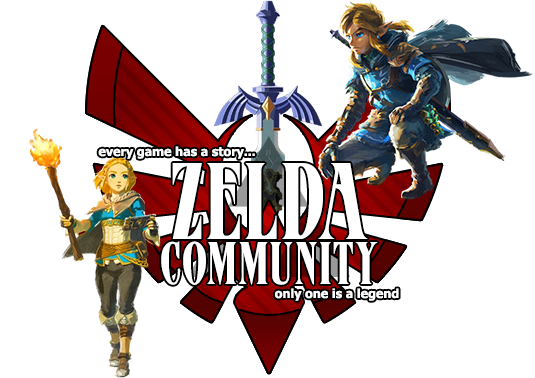- Official Post
The title's self-explanatory!
What are all your positions? What system of government/society does/would work best?
My own view is that I'm very happy with the system in which I live (UK). Is it perfect? Of course not, but history is a process of evolution. A middle-ground between free market capitalism and prescriptive communism (a partially planned economy) is working well for us. The trouble imo with big political pondering is that we like to simplify and categorise the world around us, but the world isn't simple. The economic, cultural and political makeup of our societies is a mess of technological, mathematic and psychological forces. The 'perfect' society cannot be predicted or planned - it can only be achieved by centuries of experiment, progression and gradual change. A regulation here, a law there. It's the blind, evolutionary principle led by a general desire for improved quality of life and this is where it's led us.
I live in a society that ticks most of the boxes. You can call that smugness if you like (although the concept of national pride makes no sense to me), but it's empirically true. Equal rights by law, welfare, an increasingly scientific public outlook, access to a range of free services (everything from nursery time to internet access), a public health system... again, no it's not perfect, sometimes emplyers flaunt equal opportunities law, etc. But we're clearly on the right path. Right now for example, the government is a little too far to the right for my liking and I'd prefer to see a little more welfare, like we did a few years ago. But maybe a fluctuation to the left or right is necessary to keep people feeling as though democracy is there and prevent them from replacing all our achievements with whatever ideology the victors held.
In short, and boringly for many, in the UK at least there's no longer any vast injustices worthy of violence and sweeping social change. There is a risk that the injustices of the past could return, but that's true of any society. Our best hope now is an adherence to our modern values and to continue pushing that progressive improvement, technologically and educationally.


